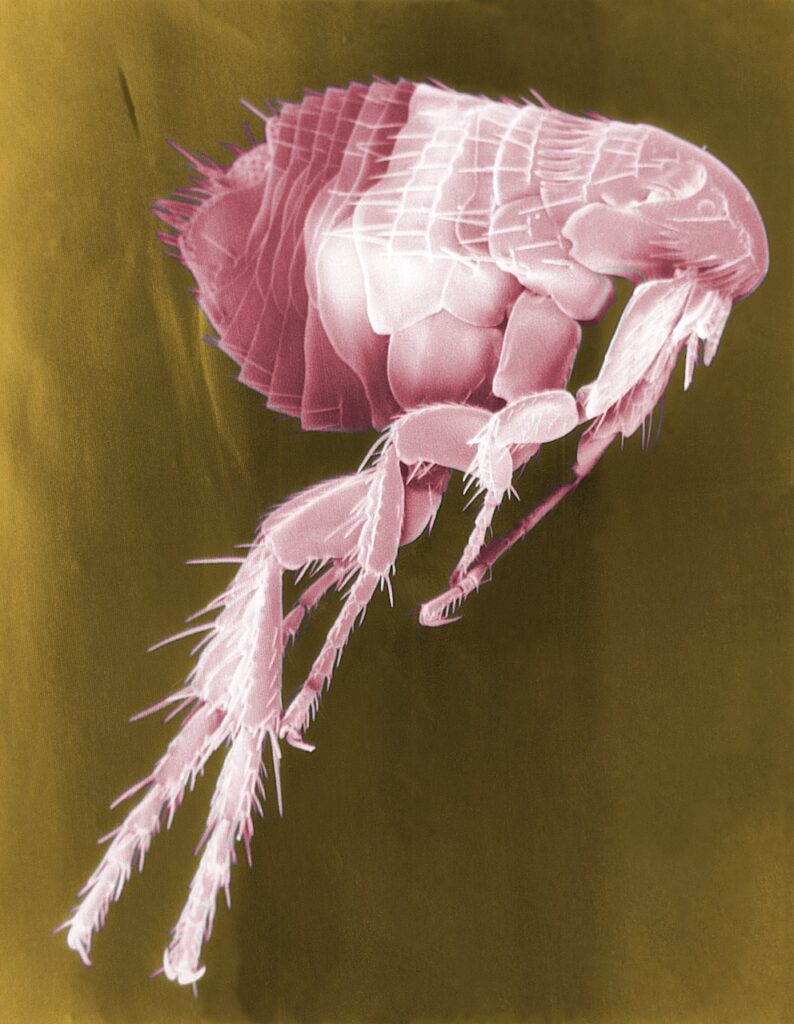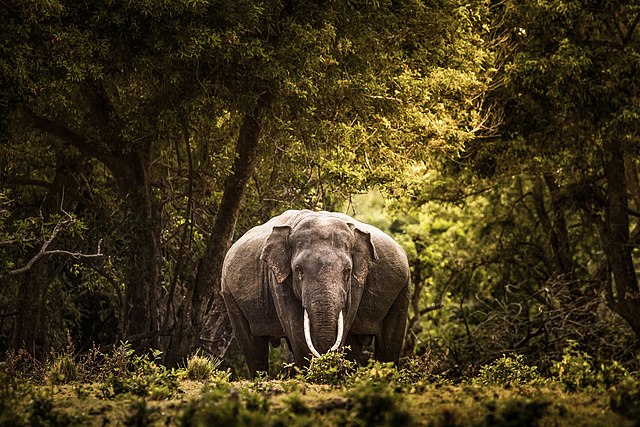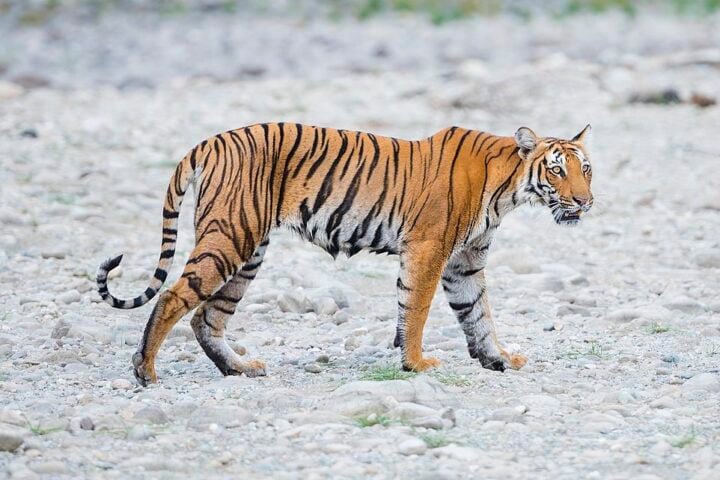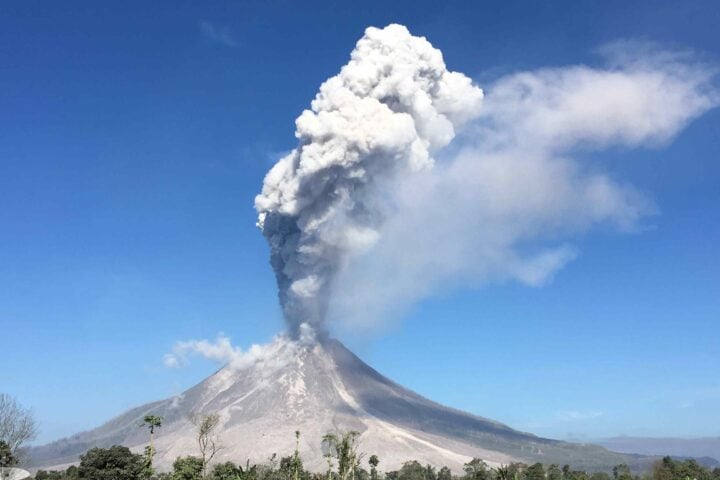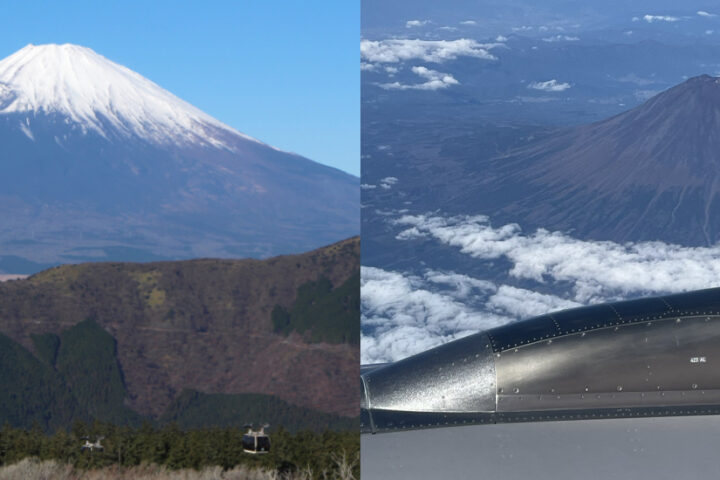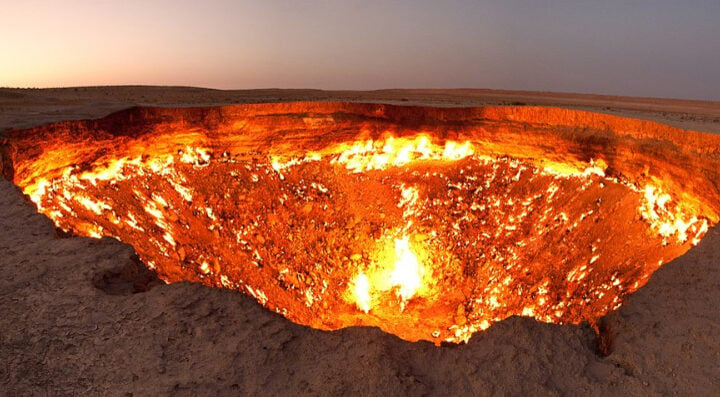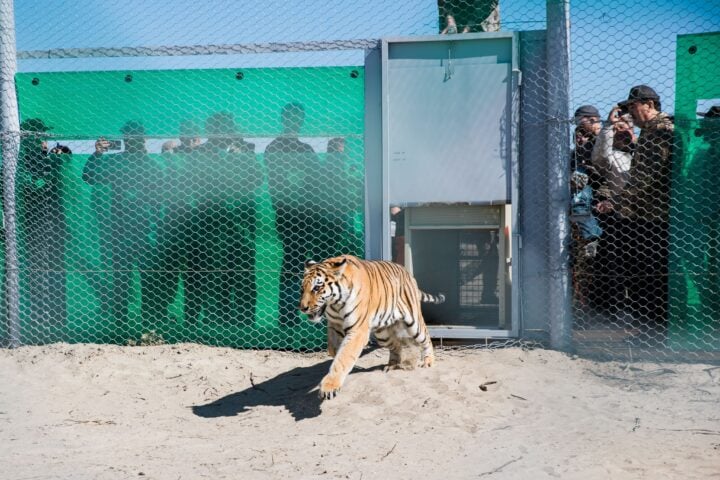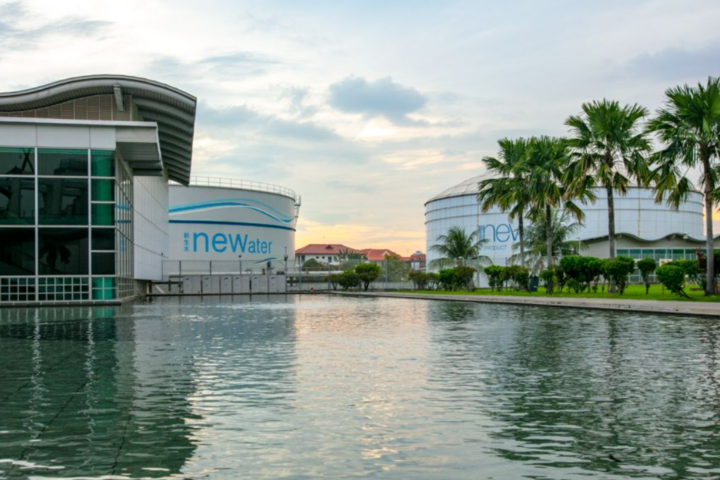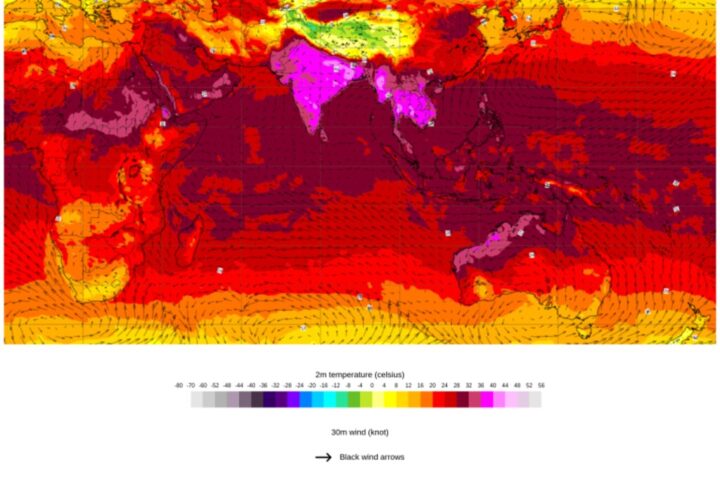Aymen al-Rubaye, an agricultural engineer, is leading a project in southern Iraq that aims to restore mangrove forests in the Khor al-Zubair mudflats, a region near major oil fields. Iraq’s carbon emissions have more than doubled in the past decade, making it one of the worst polluters in the region compared to its economy. The project plans to plant up to 4 million mangrove trees to protect the coast, shelter vulnerable species, and combat climate change. Situated near major oil fields, the Khor al-Zubair mudflats are part of a vast energy sector that contributes to Iraq’s income. Thick smoke rising from a nearby petrochemical plant is a stark reminder of the ecological damage the project aims to save us from.

The energy sector is Iraq’s primary industry and source of income. The petrochemical plant near the Zubair oil field, located approximately 20 kilometers away, is a major contributor to pollution in the Basra area. The tidal flats south of Basra present a challenging landscape of water, salt, mud, and a hazy sky. Drained decades ago, Southern Iraq was once known for its rich marshes, leading to the destruction of a complex ecosystem. The inspiration for this initiative came from mangrove forest rehabilitation projects near Kuwait and the United Arab Emirates.
Mangroves have the remarkable ability to capture and store carbon dioxide. This makes them an effective tool in the fight against global warming. They can thrive in hot, muddy, and salty conditions that most other plants find inhospitable. They can withstand harsh conditions without needing irrigation water. Planting mangroves on the tidal flats can protect coastal communities from storms and floods. These mangrove forests will not only protect the coastline but also provide a home for vulnerable species. The destruction of the marshes had devastating consequences, pushing many inhabitants into ruin. Planting mangroves in the tidal flats helps preserve Iraq’s scarce freshwater resources. Mangroves offer a new home for threatened species and promote biodiversity in the area.
Similar Post
The restoration project aims to restore the natural balance of the fragile ecosystem in the region. The new trees originated in a nursery where 12,000 seedlings were growing. By planting mangroves, the project contributes to mitigating climate change, protecting the environment, and supporting local communities. The UN World Food Programme collaborates with local stakeholders to support the project as well. Basra’s local government, university, and Iraq’s environment ministry are actively involved in the project. The success of similar mangrove rehabilitation projects in neighboring countries demonstrates the reliability of the initiative. By planting mangroves, the project contributes to mitigating climate change, protecting the environment, and supporting local communities.

